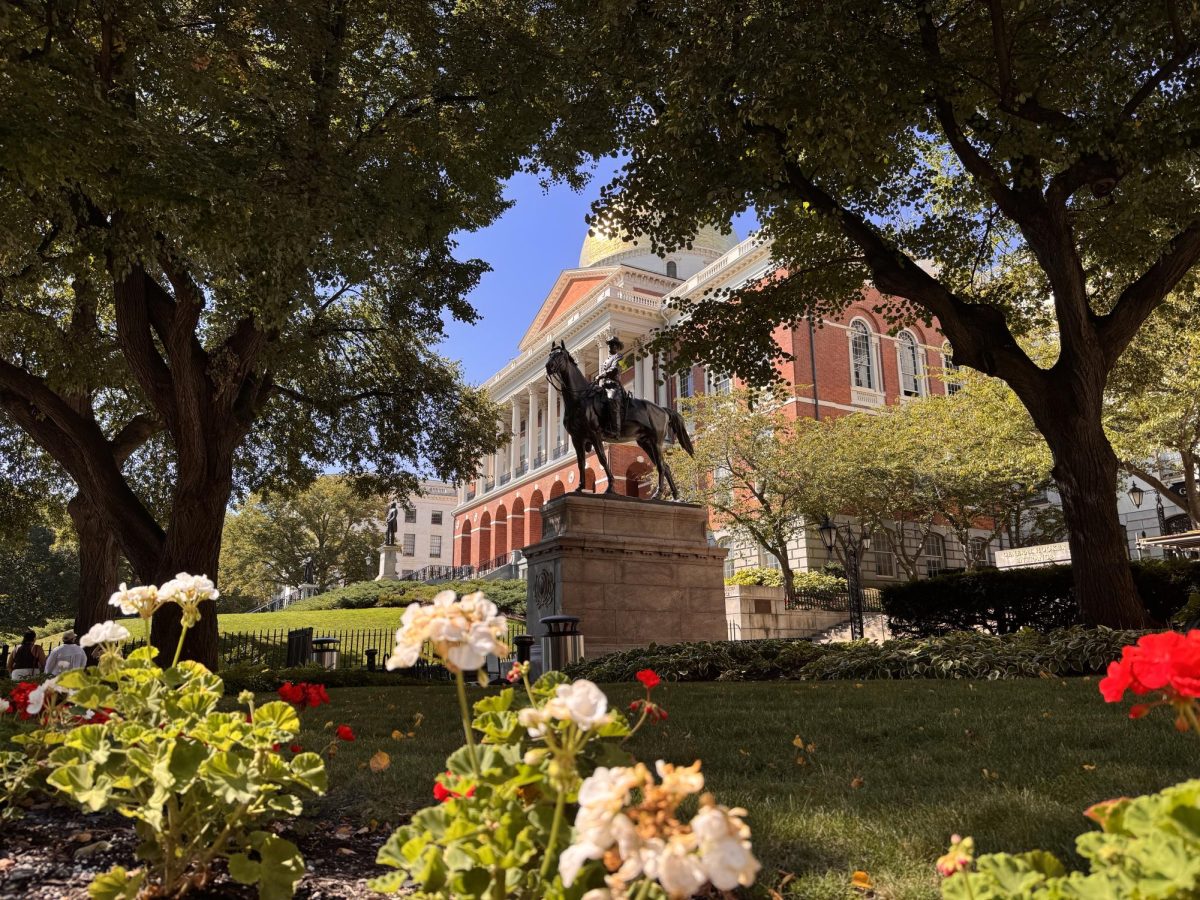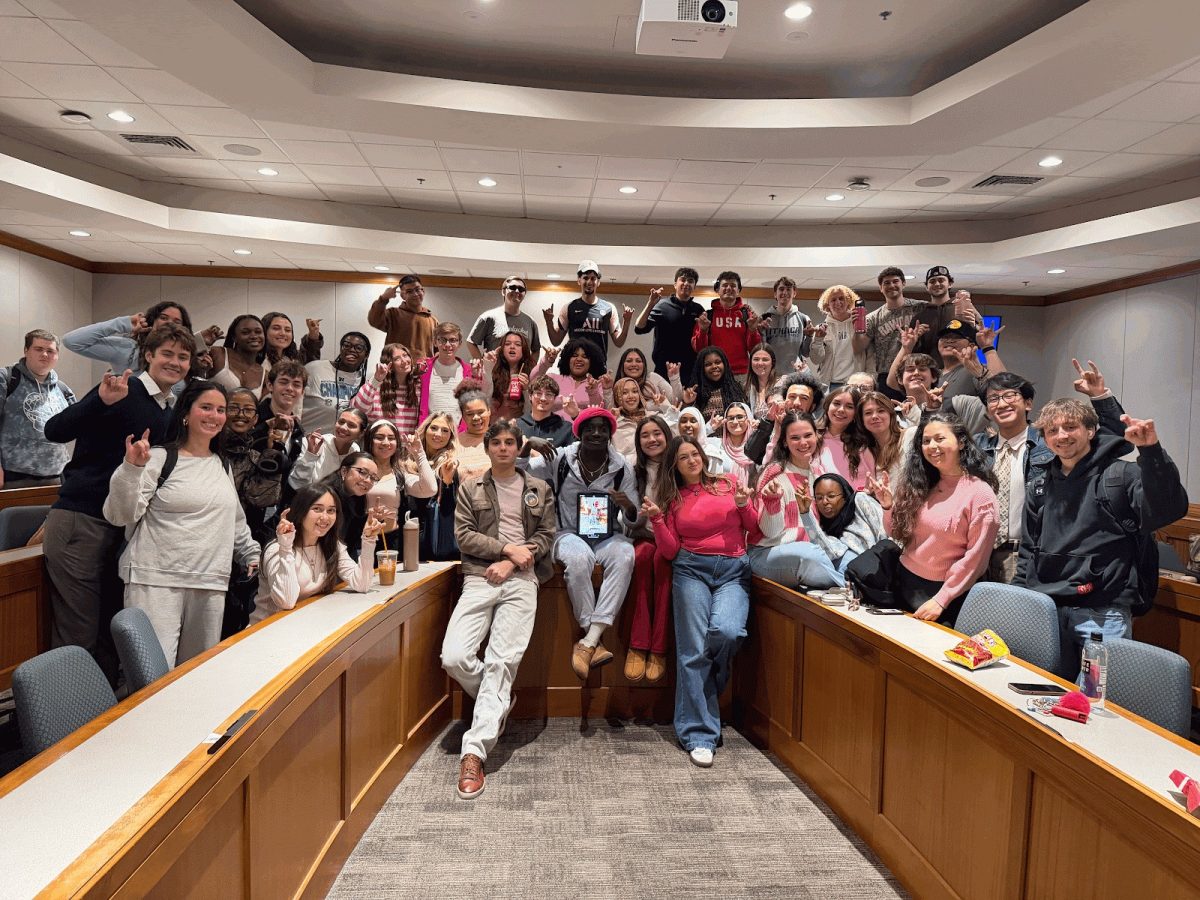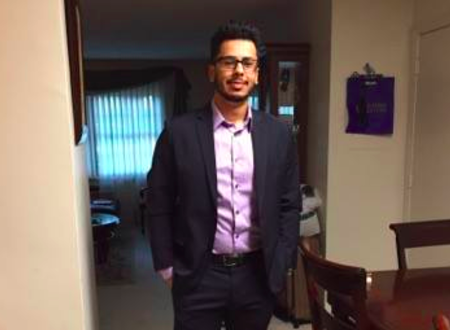In recent events, the Ohio State University (OSU) community has faced a tragedy. A group of students were attacked by a man wielding a knife, and now students at Suffolk University wonder if they are prepared to deal with such an attack on campus if it were to happen.
On Monday Nov. 28 at 9:52 a.m. third-year student Abdul Razak Ali Artan drove into a crowd at OSU and proceeded to attack students with a butcher knife. Despite the confusion surrounding the attack, the man was stopped by University Police Officer Alan Horujko, who shot the suspect after demanding he drop his weapon, according to Ohio State’s student newspaper The Lantern. Police continued looking for two other suspects and arrested them in a parking garage after noon that same day. These two suspects were released shortly thereafter.
According to The Lantern, OSU students questioned the preparedness of the police force on campus.
At Suffolk, to become licensed as Special State Police Officers, the officers undergo weeks of training and take yearly week-long trainings to stay up to date. They also have regular trainings with the Boston Police Department (BPD) to learn each other’s methods in order develop effective strategies in case such an event may occur. Procedures have been established between the two departments to ensure their preparedness for such an event.
“It’s a two-way street. We talk about how we operate, the setup of the university, such as the geography of the buildings and things of that nature,” said Chief of Suffolk’s Police and Security Department Gerard Coletta. “The Boston Police Department trains with their methods and they explain what their methods are so we can interact with them in that situation.”
Coletta said that being able to communicate through radio and Boston Area Police Emergency Radio Network (BAPERN) gives his officers the ability to respond to situations in an efficient and timely manner.
With regard to what to do in a dangerous situation, Coletta urges students to follow the “Run, Hide, Fight” method, which was the same message sent as an alert to students in the OSU incident. Coletta said that students should run from the active threat, hide where they can find a protective space, and fight the attacker if they can no longer hide, but only as a last resort.
“In the past, the response was to isolate the area and wait until a tactical team arrived. Historically, while they were waiting, sometimes for thirty minutes, people were getting killed,” said Coletta. “The protocol has changed to take immediate and aggressive action.”
An SUPD officer late Tuesday night spoke of the robbery that occurred at Citizen’s Bank on the first floor of 73 Tremont St. around 2:30 p.m. that same day. The officer said that since they are not first responders they are under no obligation to react to that situation. Once BPD responds and clears the situation then they can communicate with them about what to do next.
The same officer spoke of the relationship between Suffolk and Emerson University, and whether they are obligated to send officers if there is an attacker. The universities do not have what is called ‘mutual aid,’ which means they do not have to send officers over if a situation arises. The officer also said they are unarmed and only BPD can respond to an active shooter.
They expressed genuine concern of the safety of the students and hoped that changes are made to ensure they can provide efficient safety to the Suffolk community.
Matthew Whelan, a junior majoring in advertising, believes the SUPD is unprepared to deal with such an event.
“We need to arm these SUPD officers because if they aren’t carrying weapons how are they going to stop an attack?” said Whelan. “I believe that in order to stop an active shooter we need to arm these officers with the appropriate weaponry and being that we are in the city I don’t see why that isn’t done already.”
Coletta said that aggressive action requires the cooperation between the unarmed SUPD officers and the armed BPD officers. He said whether or not to arm his officers is a conversation that everyone at Suffolk University needs to take part in.
“This is not something you can force on a community. We need to talk about it rationally and get an understanding of all the complexities and issues involved of such an undertaking,” said Coletta.
Majed Yusuf, a marketing junior, expressed his uncertainty with SUPD.
“To be honest I don’t know if they are or not prepared,” said Yusuf. “They give us the reports anytime there is something going on in the area in downtown or in school.”
He said he believes that SUPD does a “fine job” communicating with students, but said he was unsure of what they do in each situation they alert the students about.
Junior marketing major Eyoel Yeshitla firmly believed that SUPD is prepared for this situation if it was to occur at Suffolk. He has had a prior experience when an SUPD officer was needed during one of his classes and was impressed by the response time.
“There are Boston Police are nearby so I’m not too worried about safety here at Suffolk,” said Yeshitla.




















